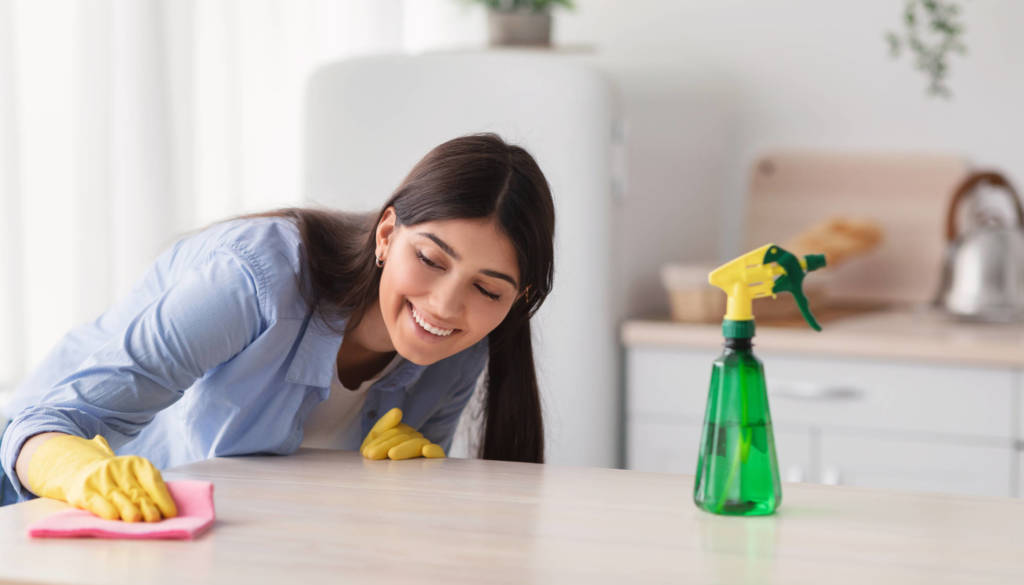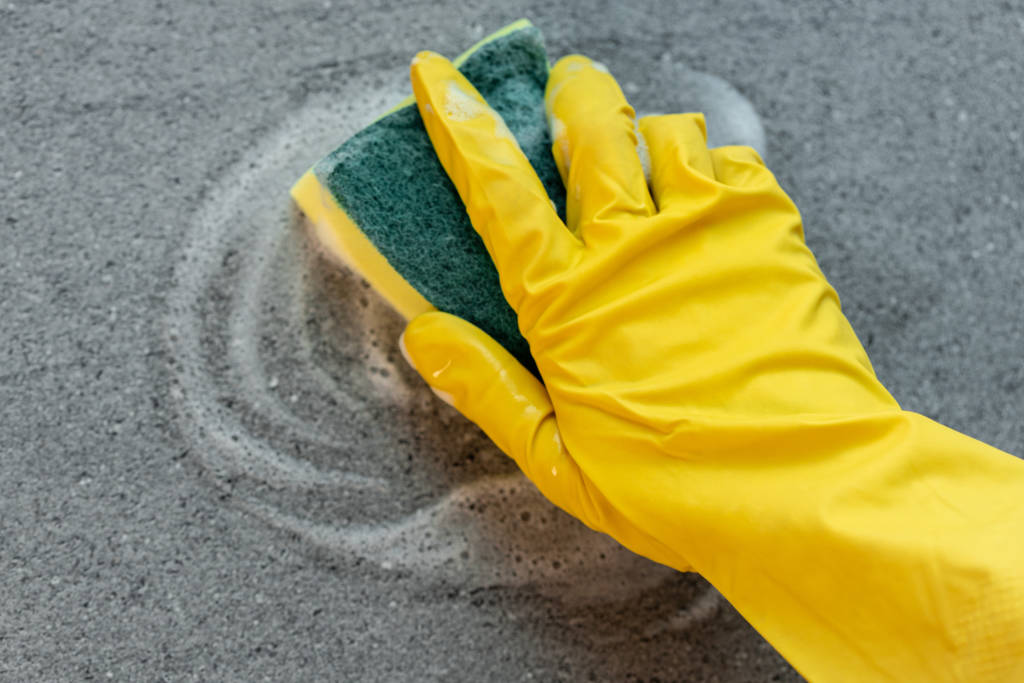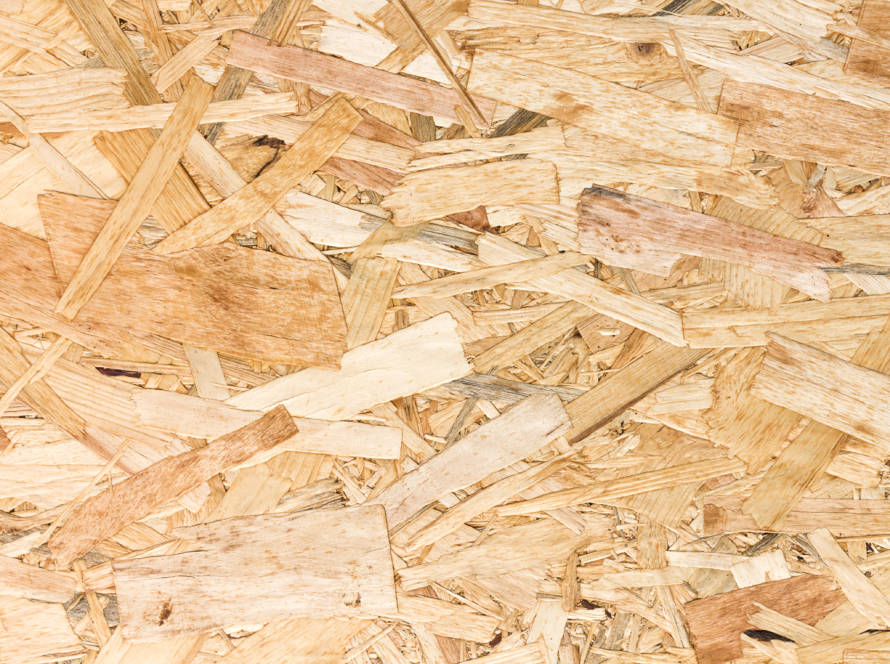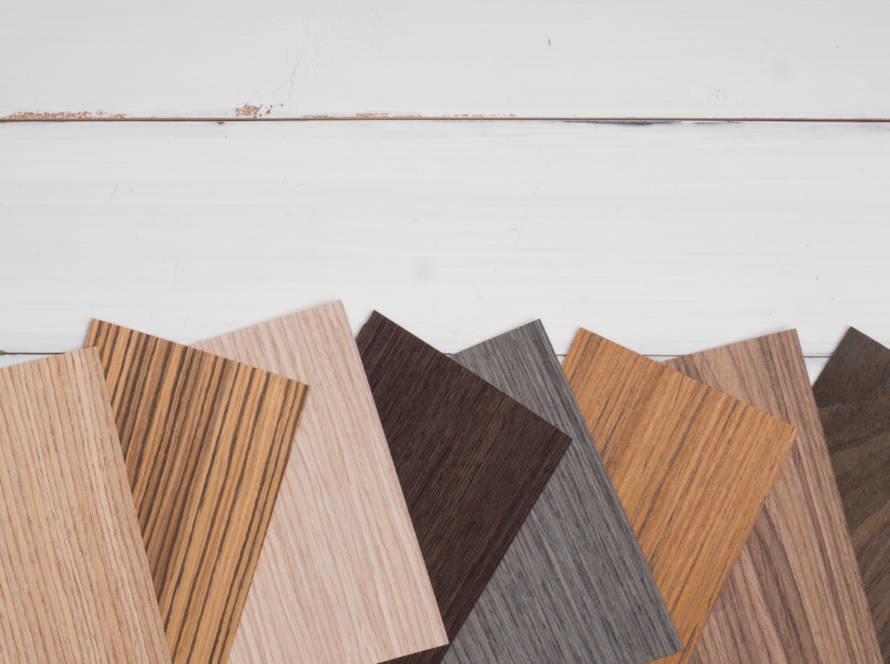
Quartz Care Essentials
Composed of engineered quartz crystals, these countertop surfaces offer a stunning array of colors and patterns, mimicking the allure of natural stone. Renowned for their non-porous nature, quartz countertops resist stains and require minimal maintenance. With a durable composition that can take the daily wear and tear, these countertops embody a perfect harmony of practicality and elegant appearance, and provide a lasting centerpiece for your kitchen or bathroom.
-
Daily Cleaning:
-
Wipe down the countertops daily with a soft, damp cloth or a mixture of mild dish soap and water.
-
For tougher stains, use a non-abrasive, pH-balanced cleaner.
- Avoid alkaline cleaners not specifically formulated for stone.
-
-
Avoid Harsh Chemicals:
-
Steer clear of harsh chemicals, such as bleach, abrasive cleaners, bathroom cleaners, ammonia, and those with high pH levels.
-
Never use products containing acids, as they can damage the resin in the quartz.
-
-
Stain Prevention:
-
Promptly clean up spills, especially from acidic substances like citrus, wine, or vinegar.
-
For tough stains, create a paste with baking soda and water, apply it to the stain, and gently scrub.
- Keep cans or containers of paint thinners, acetone, nail polish remover and goof off away from the surface of your countertops.
-
-
Heat Protection:
-
While quartz is generally heat-resistant, it is not heat proof. Use trivets or hot pads under hot cookware to prevent thermal shock.
-
Avoid placing hot pans or pots directly on the surface for prolonged periods.
-
-
Avoid Abrasive Tools:
-
Do not use abrasive pads, scouring pads, or steel wool, as they can scratch the surface.
-
Use cutting boards to prevent damage from knives.
- Use placemats under china, ceramics, silver or other objects that may scratch your stone surface.
-
-
Sealing Not Required:
-
Unlike natural stones, quartz is engineered and generally does not require sealing.
-
The resin used in the manufacturing process makes quartz highly resistant to stains.
-
-
Professional Cleaning:
-
Consider periodic professional cleaning to ensure a thorough and deep clean of the entire surface.
- If truly necessary, such as with cases of removing glue or dry paint from the surface, gently scrape it off with a plastic putty knife or razor. Use pH neutral cleaner or soap and water to finish cleaning the surface thereafter.
- On extremely tough stains, damp a cloth with goof off or acetone (DO NOT POUR SOLUTION DIRECTLY ON STONE OR LEAVE A CAN OR CONTAINER SITTING ON TOP OF THE STONE DURING THIS PROCESS.) Rub the cloth on the stain and only where the stain is. Immediately clean the area with soap and water.
-
By adhering to these care tips, you can preserve the beauty and longevity of your quartz countertops, ensuring they remain a stunning and functional centerpiece in your kitchen.






